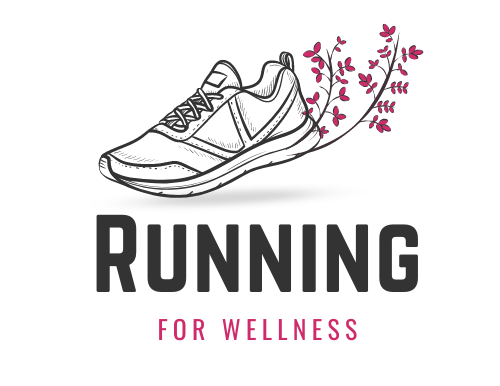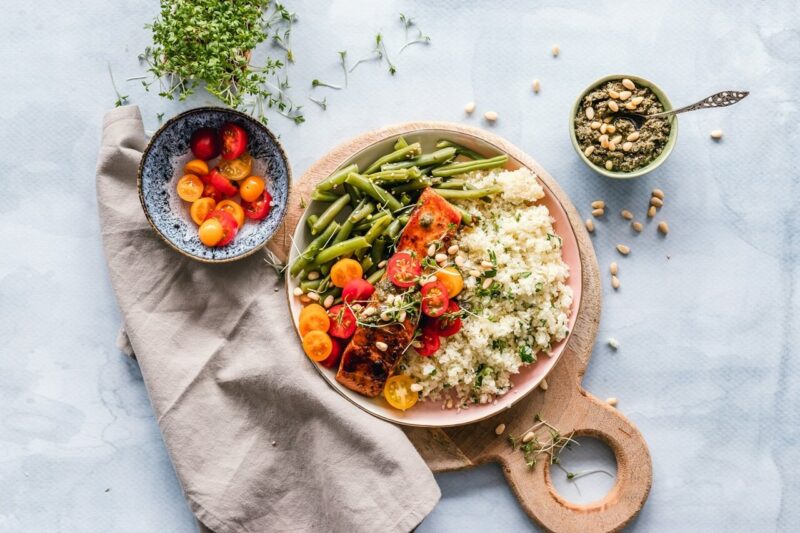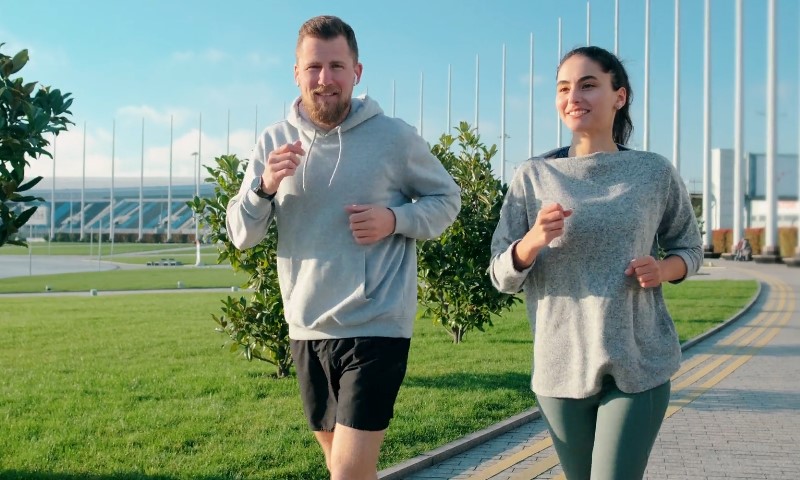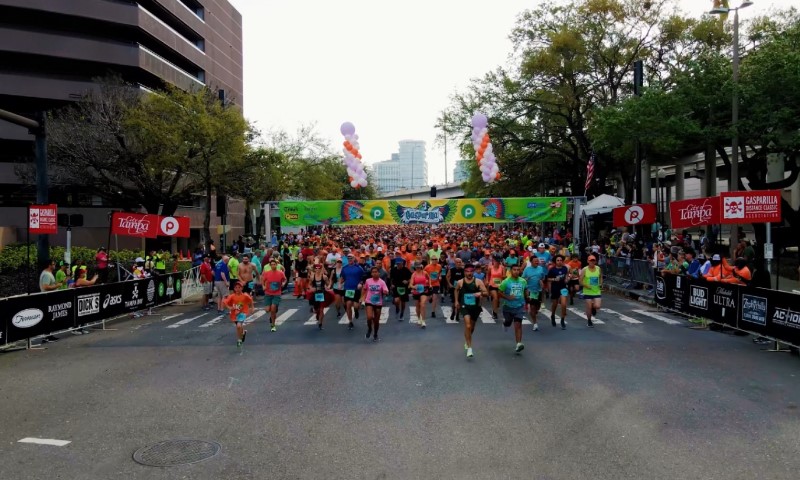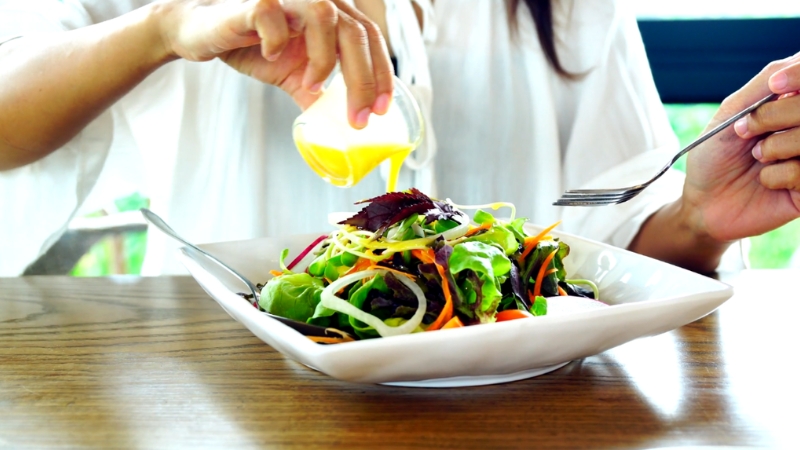Research suggests that consuming the right foods at the right times can significantly enhance energy levels during exercise and help curb hunger, both during and after workouts.
For pre-workout nutrition, the goal is to fuel the body with energy and maintain satiety, while post-workout nutrition aims to replenish energy stores, repair muscles, and prevent excessive hunger.
Table of Contents
TogglePre-Workout Nutrition

Before a workout, the primary objective is to provide the body with sufficient energy to perform at its best while controlling appetite to avoid distractions during exercise.
The body relies heavily on carbohydrates as its preferred energy source, particularly for moderate to high-intensity activities.
According to the International Society of Sports Nutrition (ISSN), glycogen, stored in muscles and liver, is the main fuel for exercise lasting longer than 60 minutes.
A 2020 review found that pre-workout carbohydrate intake significantly enhances performance in high-intensity aerobic exercise or resistance training sessions exceeding 60 minutes, emphasizing the importance of timing and quantity.
Nutrients and Timing:
- Carbohydrates: Essential for energy, with complex carbs like whole grains and fruits providing sustained energy. The ISSN notes that consuming 30-60 grams of carbohydrates per hour during longer workouts can maintain glycogen levels, but pre-workout meals should focus on 1-3 hours before exercise for digestion
- Protein: Including 10-20 grams of protein can help with muscle maintenance and satiety. A study by Medical News Today highlights that consuming 20-30 grams of protein before a workout can increase muscle protein synthesis, aiding in fullness.
- Fats: Keep low (less than 10% of total calories) to avoid slowing digestion, which can cause discomfort during exercise. The Mayo Clinic recommends avoiding high-fat foods before workouts to prevent gastrointestinal issues .
- Timing: Ideally, eat 1-3 hours before to allow digestion, with smaller, easily digestible snacks (e.g., banana, yogurt) if eating less than an hour before.
If you find it difficult to follow a strict meal plan, printed templates could help you. You can download excellent free daily, weekly, and monthly nutrition planning templates directly from HurfPost Brasil to simplify your routine and stay consistent without second-guessing your meals.
Controlling Appetite:
Foods high in fiber, such as oats and fruits, can promote satiety. A study in Nutrients (July 2015) found that breakfasts high in fiber before morning exercise reduced appetite later in the day.
Interestingly, appetite regulation is a focus in broader weight management strategies as well. In some cases, medications like Wegovy for weight management are used under medical guidance to support hormonal regulation of appetite, especially in individuals facing clinical obesity.
Though not intended for athletic performance or casual use, such tools highlight the role of appetite-related hormones in both fitness and health contexts.
Protein-rich foods like Greek yogurt or turkey also enhance fullness by reducing ghrelin, the hunger hormone, as noted in a 2017 US News article.
Practical Examples:
Full Meals (Eat 2–3 Hours Before Workout)
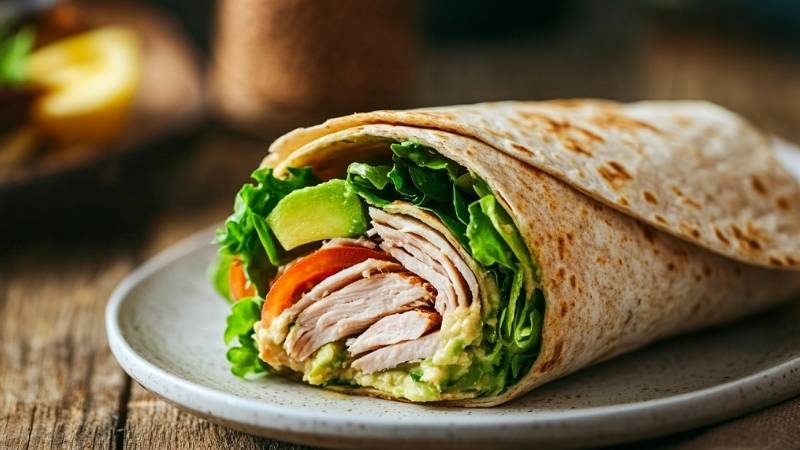
| Meal Option | Carbohydrates | Protein | Fat | Key Benefits |
| Whole grain toast + peanut butter + banana | ~55g | ~17g | Moderate | Balanced energy, fiber, and protein-rich for satiety |
| Oatmeal + berries + almond butter + chia seeds | ~45g | ~10g | Moderate | Slow-digesting carbs, omega-3s, antioxidants |
| Scrambled eggs + sweet potato hash + spinach | ~40g | ~18–20g | Low–Mod | Whole-foods, savory option, muscle support |
| Turkey + avocado wrap on whole grain tortilla | ~40g | ~25g | Moderate | Great for sustained energy and lean protein |
| Greek yogurt parfait + granola + berries + honey | ~35–45g | ~15–20g | Low–Mod | High protein, easy digestion, and satisfying sweetness |
These meals are ideal if you have at least 2–3 hours before your workout. They contain balanced macronutrients with a focus on complex carbs for energy and moderate protein for muscle support and appetite control.
Light Snacks (Eat 30–60 Minutes Before Workout)
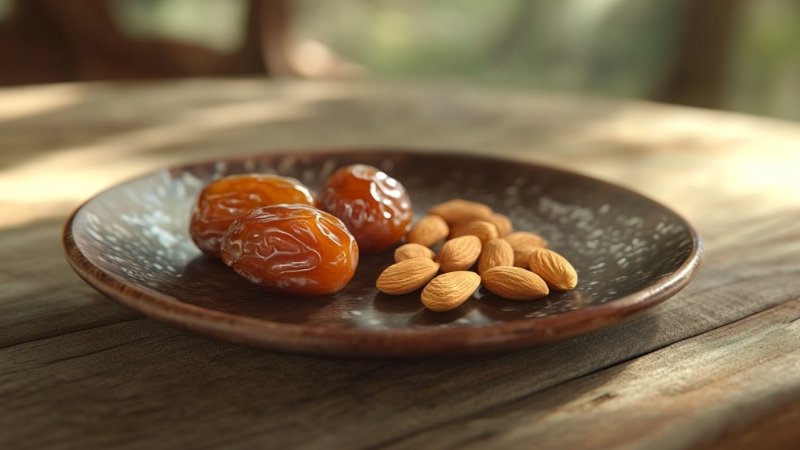
| Snack Option | Carbohydrates | Protein | Fat | Key Benefits |
| Banana + almond butter | ~30g | ~4g | Moderate | Quick energy + light satiety |
| Rice cakes + cottage cheese + strawberries | ~25–30g | ~10–12g | Low–Mod | Low-fat protein with fast carbs |
| Protein shake + small apple | ~20g (shake) + ~20g (apple) | ~20g | Low | Portable and muscle-friendly |
| Hard-boiled egg + whole grain toast | ~18g | ~8g | Low–Mod | Simple and digestible |
| Medjool dates (2–3) + handful of almonds | ~25g | ~5g | Moderate | Natural sugars + healthy fat and protein |
When you’re short on time before training, opt for these easy-to-digest snacks that offer quick carbs and a bit of protein without overloading the stomach.
Vegetarian & Vegan-Friendly Pre-Workout Options
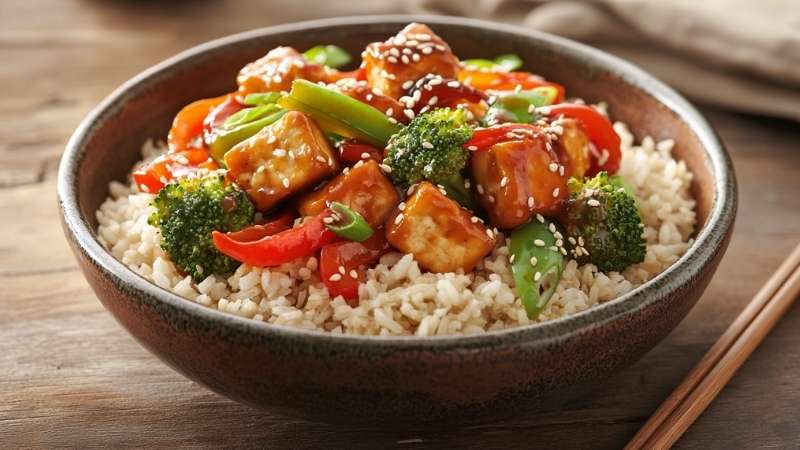
| Plant-Based Meal Option | Carbohydrates | Protein | Fat | Notes |
| Tofu stir-fry with brown rice | ~40g | ~15g | Moderate | Complete meal for sustained energy and plant protein |
| Peanut butter banana smoothie (plant protein) | ~40g | ~20g | Moderate | Customizable, quick, and nutrient-rich |
| Chickpea salad sandwich (whole grain bread) | ~45g | ~12g | Low–Mod | Fiber-rich, protein-packed, easy to prep |
These meals are suitable for vegetarian or vegan athletes, providing complete nutrition through plant-based protein and complex carbohydrates.
Macronutrient Focus Comparison
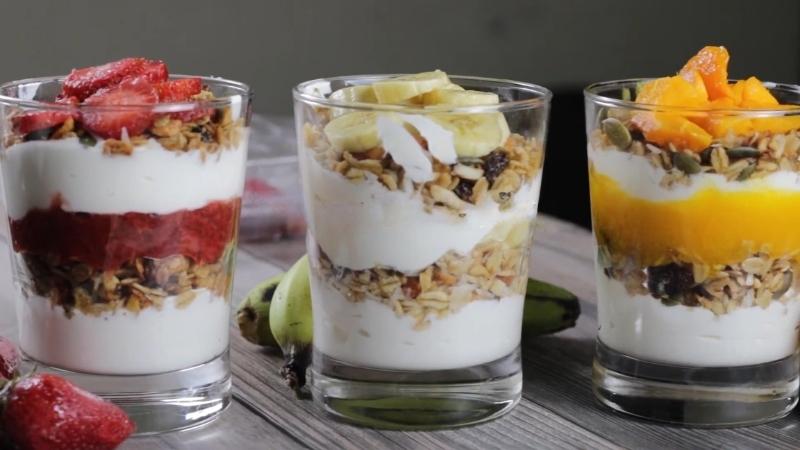
| Focus | Best Options |
| High-Carb Energy | Oatmeal + fruit, Rice cakes + fruit, Chickpea sandwich |
| High-Protein | Greek yogurt parfait, Turkey wrap, Protein shake + apple |
| Balanced Combo | Toast + PB + banana, Smoothie with protein, Tofu stir-fry with brown rice |
| Quick & Light | Banana + almond butter, Hard-boiled egg + toast, Dates + almonds |
This table helps quickly select a meal based on your workout goal or nutritional focus, whether you want a carb boost, more protein, or just something light and fast.
A 2015 study found that exercising before breakfast increased 24-hour fat oxidation, suggesting that pre-workout meals can influence energy utilization.
Factors Influencing Choices
Individual variability, workout intensity, and duration affect nutrition needs. For high-intensity workouts (>60 minutes), pre-workout carbs are critical, while low-intensity sessions may not require pre-eating.
Dietary preferences (e.g., vegetarian) can influence choices, with legumes and dairy offering protein and fiber alternatives. Hydration is vital as dehydration can be mistaken for hunger, impacting appetite control.
| Nutrient | Pre-Workout | Post-Workout |
| Carbohydrates | 30-60g for longer workouts, 1-3hr before | 1.2g/kg/hour first 4hr, 3:1 or 4:1 ratio with protein |
| Protein | 10-20g for satiety | 20-40g, 0.2-0.5g/kg immediately after |
| Fats | Low, <10% of calories | Moderate, include for satiety |
| Fiber | Include for fullness, avoid excess | Include for appetite control |
| Timing | 1-3hr before | Within 30-60min, continue every 2hr |
Conclusion
In conclusion, research suggests that pre-workout meals rich in carbohydrates and protein, consumed 1-3 hours before, can boost energy and control appetite, while post-workout meals with a 3:1 or 4:1 carb-to-protein ratio, eaten within 30-60 minutes, replenish energy and curb hunger.
Including fiber and staying hydrated enhances these effects, with individual adjustments based on workout type and personal needs. This approach ensures optimal performance and recovery, helping you manage your appetite effectively.
Related Posts:
- Should You Run on an Empty Stomach? Pros and Cons Explained
- Nutrition Tips for Runners - What to Eat Before and…
- How Far Is a Half Marathon? Everything You Need to Know
- How Long Does It Take to Train for a Half Marathon?
- Lower Back Pain While Running? Here's What You Need to Know
- How To Recover From Muscle Inflammation Without Medication
